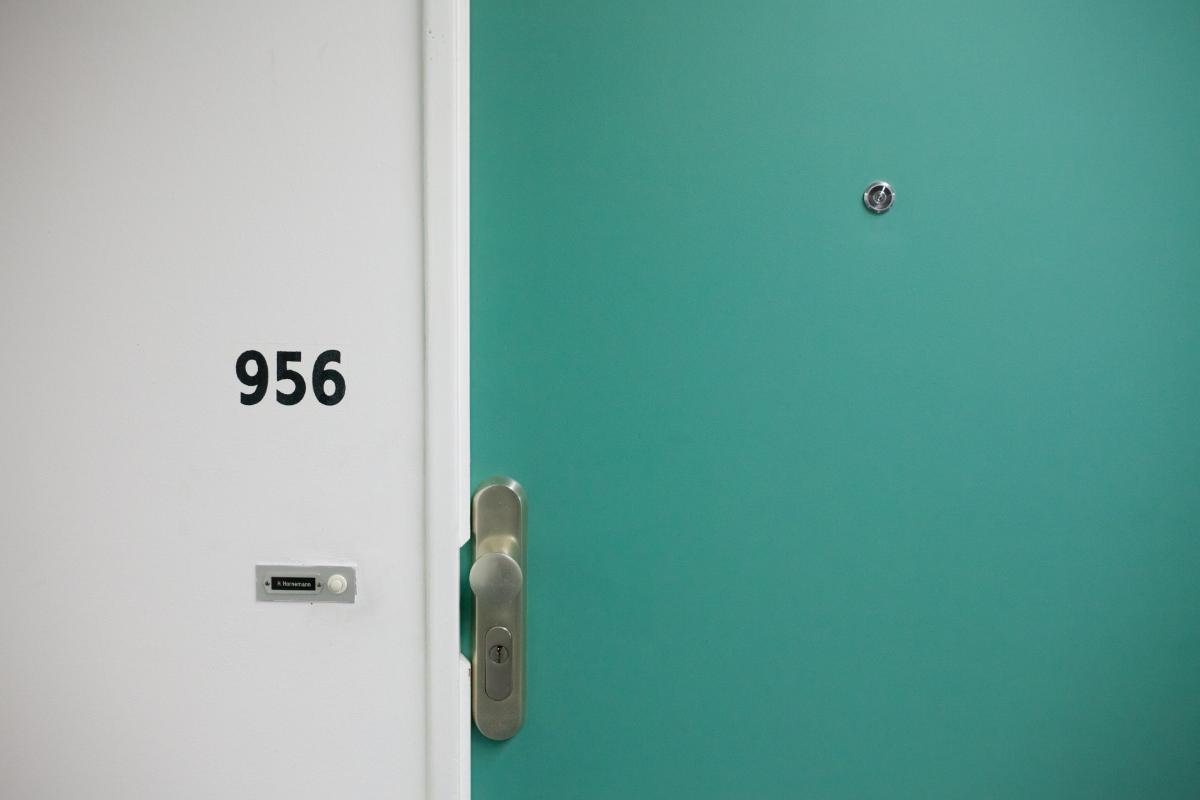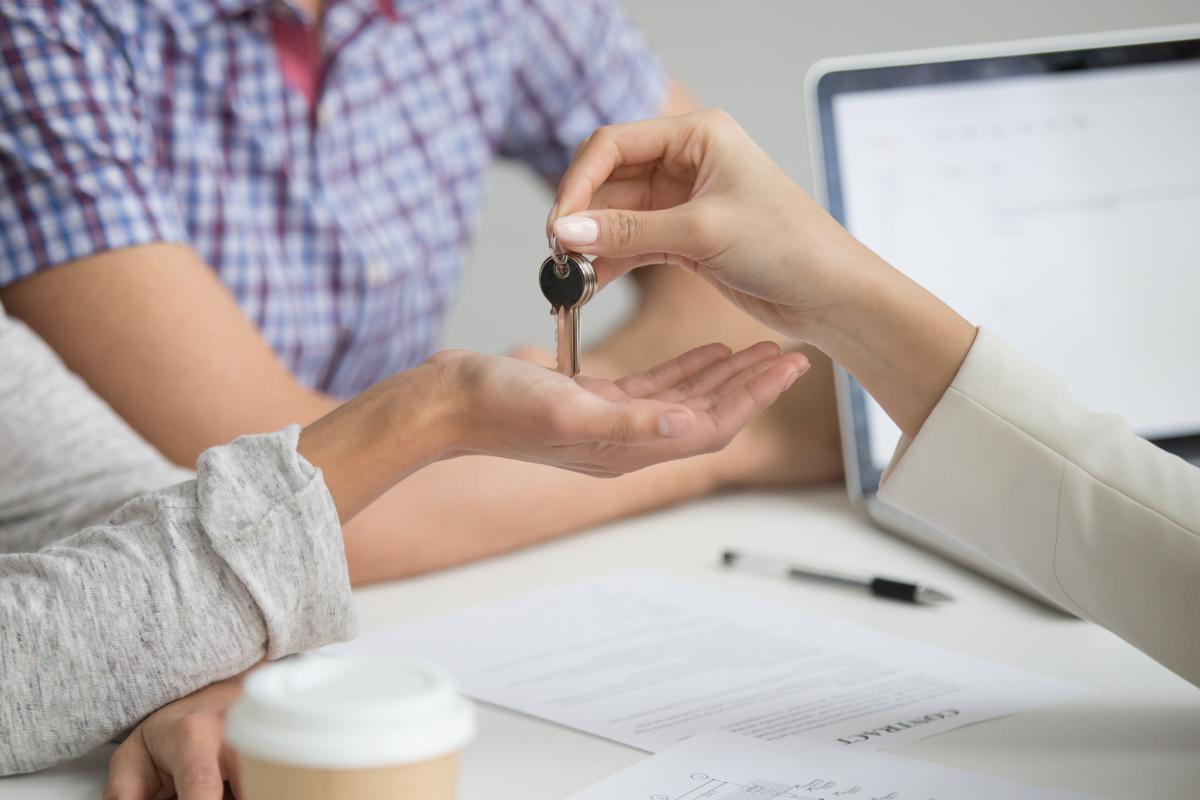
Fear of crime is something which unites both tenant and landlord.
Tenants are naturally worried about intruders and landlords worry about the
damage crime can cause. Sadly, some studies show that areas with a high number
of rental properties have an increased risk of burglaries. This is particularly
true where there’s a concentration of HMOs. In student areas for example. So,
it's in both the tenant’s and landlord’s interests to ensure the property is as
secure as possible.
Landlord's responsibilities
It's a landlord's duty to provide a safe and secure home for the
tenant. This means the locks must be functional and windows and exterior doors
must be in good condition. Windows and doors must close properly and be
lockable. A tenant should assure themselves the property is secure when they
initially view it.
Changing the locks
One of the tenant’s biggest security concerns when moving into a new
rental is who has access to the property. This is understandable. After all, there’ll have been many previous tenants. All of whom would have had a key and
could have made spares. Added to that letting
agents may also have keys as could maintenance contractors. With all those
keys floating around it's only natural for tenants to worry about who could let
themselves into their home.
Some landlords will change the locks between tenancies. But others
won't. However, the tenant is certainly within their rights to ask the landlord
to change the locks before they move in. If the landlord refuses the tenant
could change the locks themselves. Though at the end of the lease they may have
to be changed back depending on what's in the tenancy agreement.
But where the tenant-landlord relationship is strong a compromise could
be reached. For example, the landlord could give permission for the locks to be
changed without the need for the original ones to be reinstated at the end of
the tenancy.
Home safety and security tips for tenants
Apart from changing the locks what other precautions would help a
tenant secure their home? Here are a few suggestions:
·
Make sure all the locks are working properly.
·
When you go out always lock the doors.
·
Don't leave windows open when you leave the
property.
· Be wary of leaving external doors and windows
open on hot days. Opportunist thieves can slip in and out of an unattended room
in seconds.
· Lock and bolt all doors at night.
· Install cameras if there's no CCTV. Ask the
landlord’s permission to do this.
· Don't ever leave a spare key in a plant pot or
on a piece of string in the letterbox. It may be convenient for you but it's
even more convenient for a burglar who knows all the tricks.
· Don't forget the shed or garage. Secure and lock
all outbuildings. Sheds are a favourite target of burglars.
· Take out contents’
insurance. Your landlord's insurance doesn't cover your personal
belongings.
What can the landlord do?
Aside from their basic responsibility to provide a safe property there
are things a landlord can do to ensure their rental is as secure as possible.
· Consider changing locks between tenancies. Not
only will this reassure your new tenant it'll give you peace of mind too.
· Install external CCTV. This acts as a visual
deterrent to casual thieves and can provide evidence for the police should a
burglary occur. CCTV systems are now very affordable. Even fairly sophisticated setups can be
purchased online at a reasonable cost.
· Install an alarm system.
· Fit locks to all windows.
· Regularly inspect external doors to make sure
they're in good condition and secure.
· Provide additional locks, bolts and security
chains.
· Make sure any fencing is in good condition and
gates are lockable.
· Keep hedges trimmed so they don't provide cover
for intruders.
Though rental properties can be vulnerable if the landlord and tenant
work together they can do much to reduce the risk of burglary and intruders.
Even in high crime neighbourhoods.





